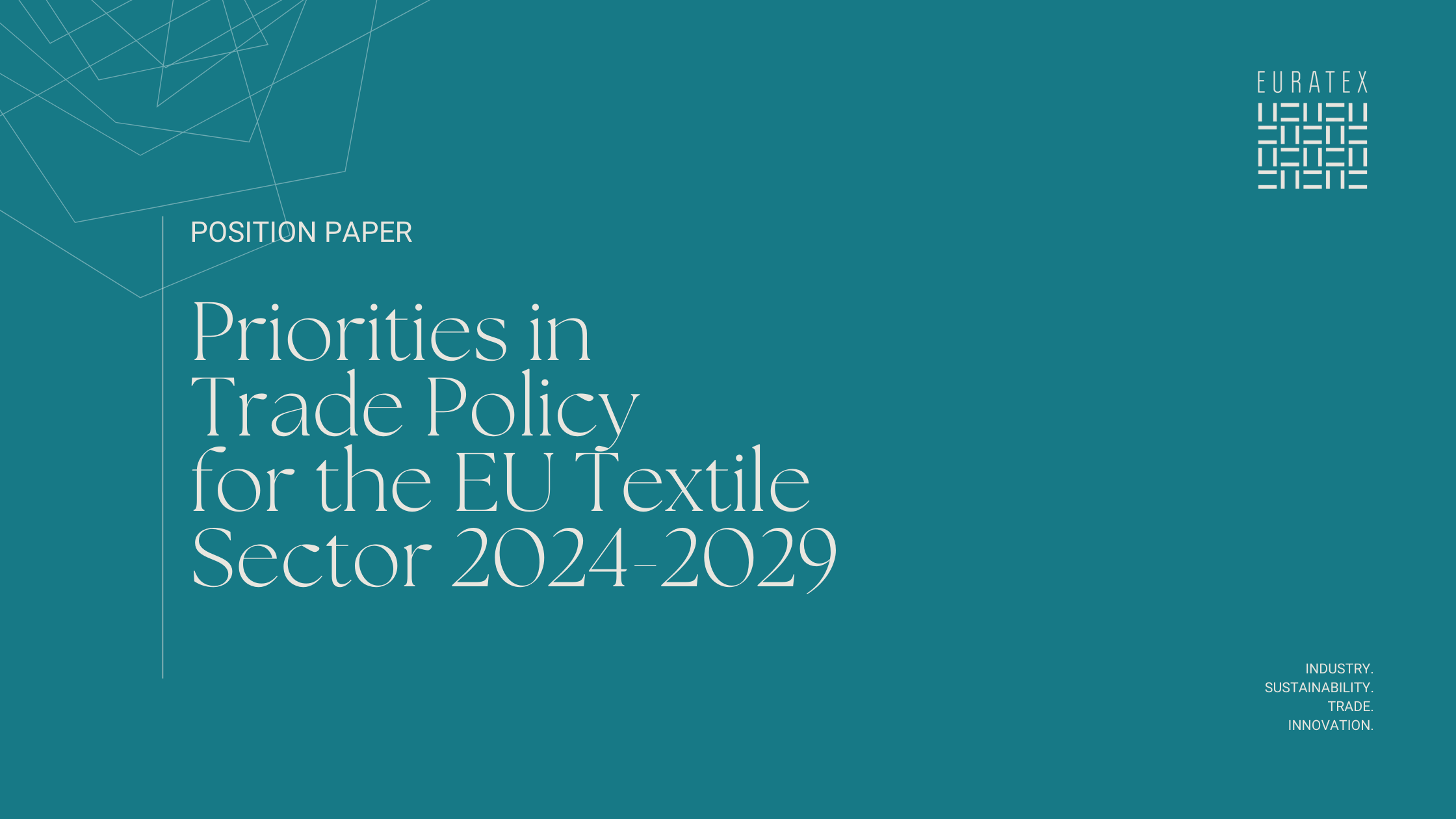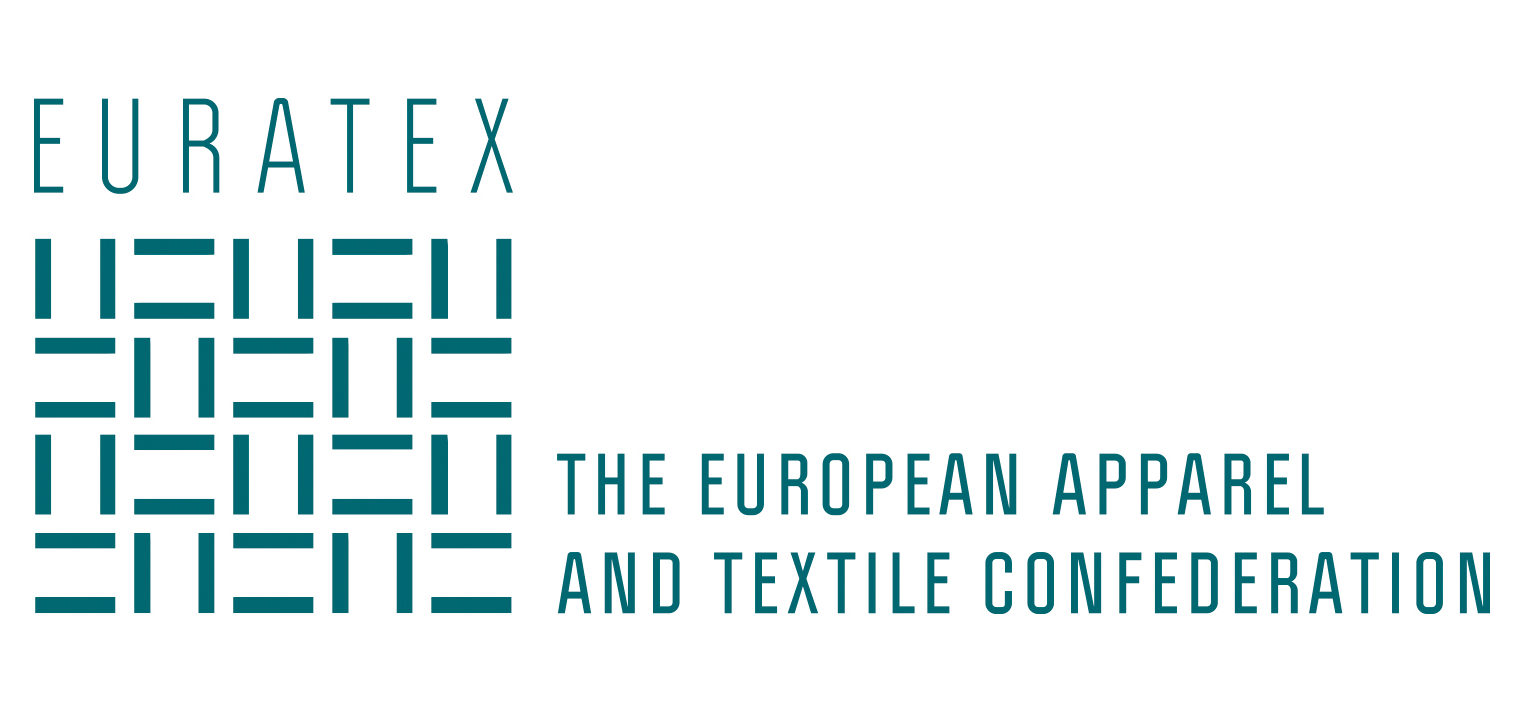
The European textile and clothing industry is a cornerstone of the EU economy, driving innovation, creating jobs, and advancing sustainability. To ensure its global competitiveness and resilience, EURATEX has outlined its trade policy priorities for 2024-2029. These priorities address key challenges, such as market access, regulatory alignment, and sustainability, while promoting fair and balanced trade relationships.
The finalization of the EU-Mercosur Free Trade Agreement (FTA) is a significant opportunity for the textile sector. This agreement, covering a market of 770 million people, would eliminate tariffs, improve market access, and align sustainability and labor standards between the regions. It also holds the potential to strengthen supply chains and mitigate global trade uncertainties. EURATEX emphasizes the urgency of concluding negotiations to unlock these benefits.
The revision of the EU-Türkiye customs union is another critical priority. Türkiye remains a vital partner for the European textile industry, and modernizing the customs agreement is essential for improving trade flows. This update would address existing barriers, align sustainability regulations, and establish effective mechanisms for resolving disputes. Strengthening this relationship will better integrate Türkiye’s textile sector into the EU’s sustainability goals and economic framework.
Negotiations for an EU-India Free Trade Agreement offer significant promise but require careful balance. India is a growing market for European textiles, but ensuring reciprocal market access is essential to prevent competitive imbalances. EURATEX also advocates for robust intellectual property protections and the inclusion of high sustainability and labor standards within the agreement. These elements are crucial to fostering a fair and mutually beneficial trade relationship.
The United States remains one of Europe’s largest trading partners for textiles. Strengthening EU-US trade relations involves aligning standards, reducing barriers, and supporting EU sustainability ambitions. Improved transatlantic trade ties can deliver mutual economic benefits and address shared challenges such as supply chain disruptions.
Market surveillance and regulatory compliance are vital for ensuring fair competition, particularly concerning imported goods. EURATEX calls for harmonized customs criteria, risk-based inspections, and effective enforcement mechanisms to address non-compliance. A coordinated approach will help create a level playing field for EU producers and deter unfair practices.
Unfair trade practices, including state-subsidized overcapacities, continue to undermine the competitiveness of EU textiles. Trade defence measures must be strengthened to protect value chains, counter market distortions, and safeguard fair competition.
Lastly, EURATEX stresses the need to align trade, industrial, and energy policies to support the sector’s competitiveness and sustainability. This integrated approach will enhance market access, promote innovative production methods, and address challenges such as rising energy costs and resource efficiency.
Through these priorities, EURATEX aims to secure a sustainable and competitive future for the European textile and clothing industry in a rapidly changing global landscape.
Read the full position paper for a deep-dive into it.
